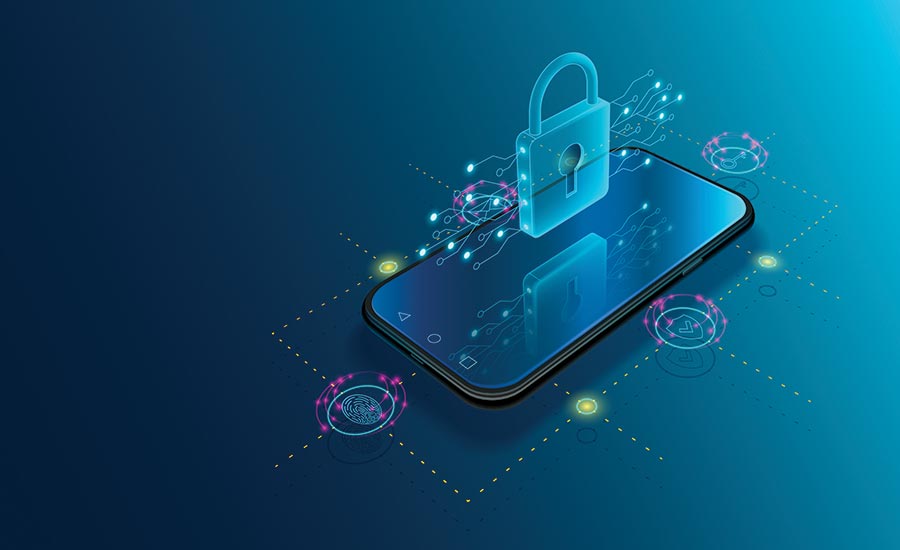Your smartphone, however much you love it, is a hotbed of your personal data. This can, behind your back, be deceptively tracked and your data can be leaked more easily than you think. What are smartphones used for these days? For everything from paying bills, to work, to personal health, gaming, tweeting, texting and much more. Many of us use it to dedicatedly check our accounts on Facebook and Instagram.
We use smartphones for just about everything we do with our daily lives. Some use it to navigate new locations, to check or send email, to make last minute notes and to check reminders. Nonetheless, using your smartphone as a central go-to machine for your important data brings a great deal of risk. Even with the best mobile phones, you may find it hard to keep hackers at bay.
Whether it’s professional hackers, petty thieves, or the likelihood of your own tendency towards carelessness (like leaving your phone in a cab), important data, such as your personal information and sensitive details are at risk if your phone is broken into.
Your storage is also worth a thought. We tend to store files and photographs extensively on our phones. Stolen phones are not good news. In a year, it is estimated that around 7 million smartphones are lost. Individuals and businesses are taking phone security very seriously indeed. You can take certain steps to keep your phone data safe, in the event that it lands in the wrong hands.
Pointers to Keep Personal Information Safe
The best smartphone under 25000, such as the OnePlus Nord comes with a dedicated ‘Lockbox’ which offers an additional layer of security to the users to store their sensitive files and information. Apart from that, when you buy a new smartphone, be sure that you check if it has a locking device. That’s the most basic way to protect the data on your specific phone. Here are some tips to keep your data secure.
- Passcode – Phones stress a lot on security features with high-end devices having fingerprint recognition checks to unlock devices. In the most basic way, you should use your own passcode to unlock your phone. Most of us feel lazy to memorize this. Never use digits of your birth date or any other digits that are commonly known to set up your passcode. Advanced technology has just brought facial recognition to unlock phones as well.
- Select your apps – You may be excited to download a new app, but with so many third parties out there, this may be risky. It isn’t easy to know how secure apps may be. Going via a reputed app store helps – iTunes, Google Play Store and Android Market are all trusted ones. Check reviews thoroughly before you download an app, which will ask for your personal information. Financial apps should particularly put you on your guard, the best of which should not request you to enter your account information every time you use the app. Many apps also track location and personal information, so check privacy settings for any app you download and modify accordingly.
- Pay attention to links – In the best mobiles with the highest resolution, you will still be prone to click on an unknown or suspicious link. Maybe the reason why people do this is a false sense of safety. Resist doing this, whether out of curiosity or otherwise. Check the URL with great care. Banks have a mandatory list of things they will and will not ask for, so does your research before you divulge your personal information.
- Use the Remote Wiping tool – It’s a good idea to get your phone enabled with a remote wiping mechanism. In case your phone is lost or stolen, you can erase your personal details from far away by remote wiping technology. Most smartphones, including the best smartphone under 25,000 INR have this facility, and it’s easy to do. You need to set up an account on the cloud, and this will be the place from which you wipe data off your phone.
- Software updates – Software updates ensure that bugs and errors regarding security are fixed. Updating software regularly ensures that you have the latest software, tried and tested by users in the real world.
You can afford a great smartphone with the latest security built-in, as long as you use it properly, with the Bajaj Finserv EMI Network Card. You can make cashless payments in the form of easy EMIs, or even purchase your favourite smartphone model on No Cost EMIs, without paying any interest charges or processing fees. The EMI Network Card also comes with a pre-approved limit of up to Rs. 4 lakh!










